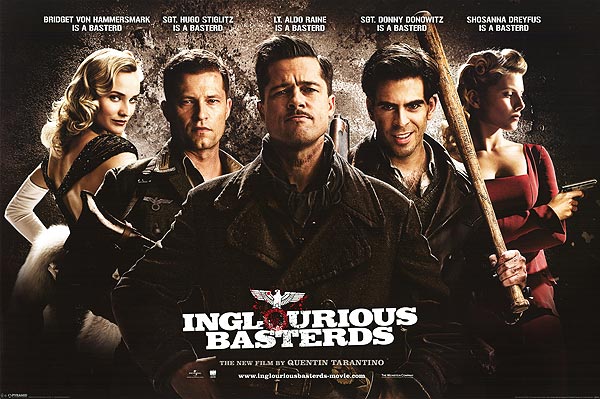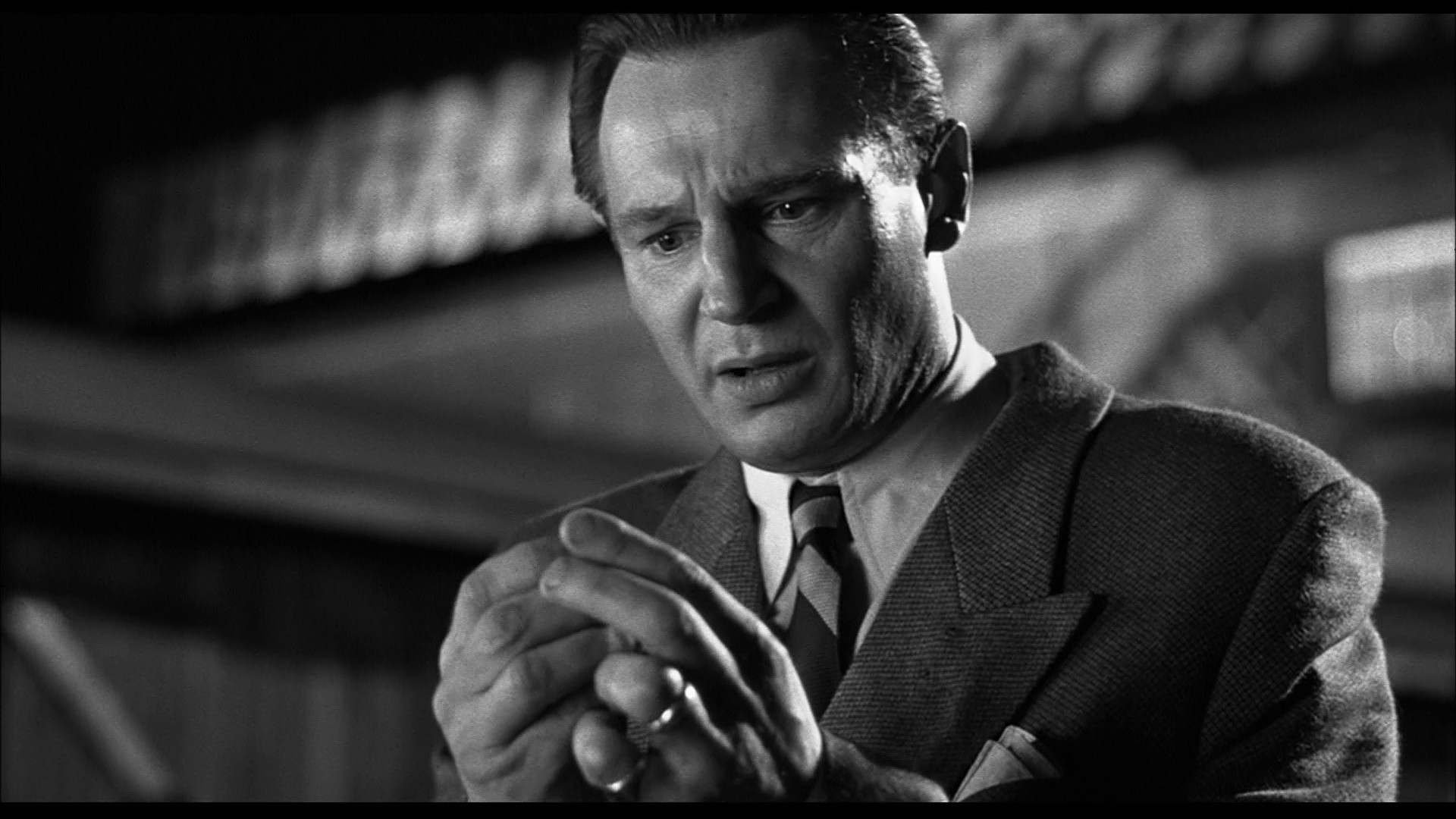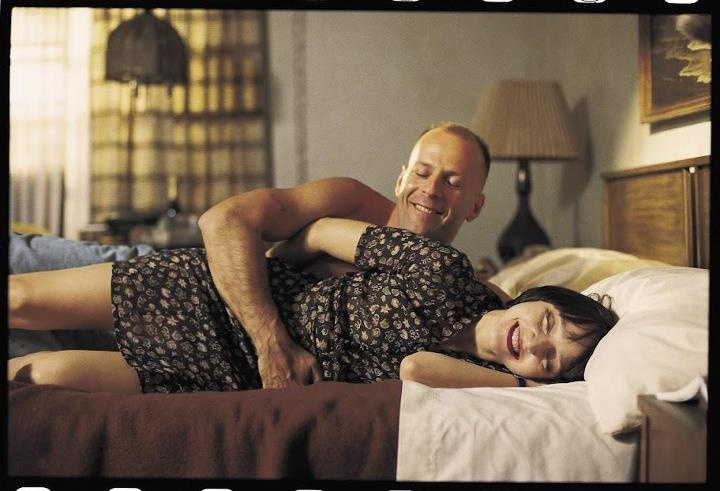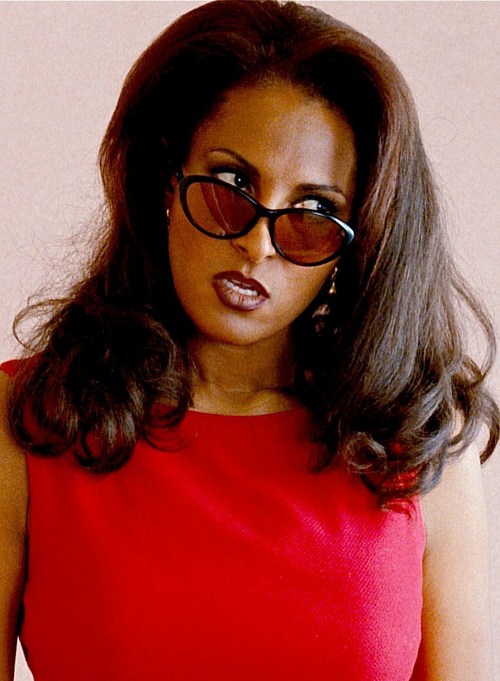(Editor’s Note: I (that’s me, Noah) interviewed Nix 66 about performance and sex work for this piece at Pacific Standard. Nix said a lot more in response to my questions than I was able to use in the piece, so I asked her if she’d reprint the whole thing here.)
Noah: What sort of sex work do you do? (I know you said phone…is that something with visuals? That’s different from camming, right?)
Nix 66: I’ve been a fetish sex worker for a year now, starting with my own phone line, doing occasional private camming sessions (not on open platforms), and just now having made my first two clips. And my first two clips look like my first two clips. (Egads, that lighting!)
Writing, directing, acting, lighting, costuming, etc. — Independent Adult Content Providers are responsible for all of these things, not to mention promotion and letting people know that you exist. Coming off with a polished-looking alt-porn or fetish clip is no easy feat. I am certain of this because I’m currently grappling with it, and have yet to achieve it. Maybe some day.
But mainly I do phones.
Most of my clients (all sexed male at birth w/ one exception – a couple – in the past year) fall into one of three classes: 1) Those struggling with issues of gender and sexuality (in light of our current culture, a huge market); 2) Those who want ongoing companionship (literally, an alternative to dating with no marriage at the end); 3) Those who want detailed sexual descriptions of a genuinely Sadean nature (shock talking; the dirtier and more detailed the better).
If you want freedom of speech, you call me. The worst thing that could ever happen is that I hang up on you and block you because you haven’t abided by my limits. But those limits are generally much more broad than one could expect to find with a psychologist, a partner, a priest or equivalent, a best friend, a family member, etc. Mainly because culturally normative notions of masculinity are narrow, limiting, silencing, and damaging (to everyone). I think sex workers are, in large part, confidantes and secret keepers. That’s one of the main social functions. And it’s a damn important one. Society dispenses with it at its own peril.
I listed my main classes of clients because I have cultivated them. Any SW-er who is doing well has a persona, a list of unique skills that s/he brings to the business. They have cultivated that persona and those skills no differently than any actor, particularly the Hollywood variety.
When I first began, I didn’t want to use my image at all for fear of stigma and violence. I bought stock photos that didn’t deviate *too much* from my own body type and said I was brunette because I don’t like men who prefer blondes.
That’s visual. It also has to do with character. I am not a Princess, a MILF, a co-ed, or even a Dominatrix in the most stereotypical sense. I am terrible at getting men to take me to the mall because the mall is the last place on Earth I’d want to be. Persona and experience. You gotta play to your strengths and you gotta create a mythology around those strengths.
Do you see a similarity between what you do and acting, or performing? How is your work creative (or how is sex work in general creative?)
I think of the different branches of sex work as the Greek Muses, personally. Meaning if you were to combine the many different forms and mediations of sex work into a whole, you’d end up with something that looks very much like the “Humanities” or “Arts,” writ large.
I feel like a performance artist, actually. But what I do, specifically, I see more in line with raunchy comedy and improvisation, as well as psychotherapy. I’m a great conversationalist, an ex-literature major, with life-long interests in power, violence, class, and sex. That’s my shoo-in. But other sex workers bring different skills to bear.
Full service providers and pro-dommes deal in touch, presentation, smell, and conversation. I have also been made to understand that they spend a great deal of time doing laundry.
Porn performers must master scripts, characters, and camera angles – and that’s just if they’re in front of the camera.
Cam models improvise on the spot much like I do, but they generally rely more on visual presentation than narrative description. They also might do cos-play and scripted shows.
And exotic dancers… dance! (Is now the right time to mention that I once worked as a professional Egyptian bellydancer in my early 20s, until I was informed that it didn’t matter how well I danced because people just wanted to see me naked? And I quit. On the spot. Cuz we all know there’s no art to nudity and/or sexual desire… right? Right? Amirite?)
Roleplaying is inescapable in sex work, because ultimately – much like actors — we’re hired fantasies. The only difference really is who is doing the hiring.
Do you see a similarity between actors like Lena Dunham and Anne Hathaway and sex workers? Is sexuality part of their performance, in your view?
Ha! What a question. Lena Dunham has built her entire identity on sex and her body type. Pretty overtly. Can you imagine “Girls” stripped of casual, random, unpaid sex premised upon profound self-loathing on the part of 99% of its characters? There goes Ms. Dunham’s “edge.” Here are the top three links I found googling “lena dunham girls sex,” some with great visuals that come directly out of porn:
One.
Two.
Three.
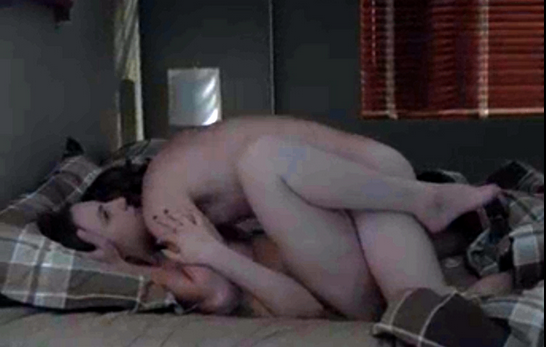
Why should the cast of “Girls” be paid for raunchy sex scenes? Shouldn’t they be doing this for free if their heart was really in it? If they loved it? If it was a true passion and calling?
All the more so since Lena Dunham has never believed in paying (poor) people for their labor anyways.
Anne Hathaway, well… Her entire career has hinged upon the Princess because she’s playing to her strengths just like the rest of the savvy purveyors of high class (and overwhelmingly white) “pretty.” That seems to be her range, her persona. She’s a Disney Princess. Check out some cam platforms and alt-porn and you’ll see some folks being far more creative with that role than her privileged little mind could ever conceive. But then, I only ever enjoy seeing Princesses set against the backdrop of the Terror. ;)
And Kate Winslet, why should she have any more right to all that hideous kinky? I know her body almost as well as I know my own.
Ultimately, celebrities *are* sex workers. It’s just that they sell to studios and call it “art,” which makes the masses feel much more comfortable with the fact that they’re consuming sex day-in, day-out, by the millisecond.
Do you have other comments on the actors who signed the petition for criminalizing sex work, or on that situation in general?
Yes, concerning the situation in general:
- Some people may try to discount what I have to say because I engage in sex work that is currently legal in my region and have not met a client in person (though it’s not completely inconceivable). Firstly, sex work is so thoroughly stigmatized, despite the fact that it’s a booming industry, that sex workers who currently operate legally have difficulty getting paid for online services. See here. That’s just one slice of the day-to-day, structural discrimination we have to deal with. De-crimininalization and de-stigmatization of sex work, in whatever forms, benefit me directly.
- Anyone who has been in sex work (regardless of medium) for any length of time has undoubtedly been propositioned for other services, in other media. I recommend clients to other sexual service providers when they are seeking services that I do not provide personally. That means that I know and respect sex workers in a variety of media. It also means I skirt the line of procuring, most probably. Even being legal, you can’t be a sex worker without stigma and criminalization touching your life, so that friendship might implicate you as a “pimp.” And I’m not even addressing the laws that affect property and the like.
- Tara Burns recently wrote this article wherein she talked about how, at the age of 15, having been trafficked by her father, the DA said that her testimony against him would be unreliable because she had been a “child prostitute.” Firstly, there ain’t no such thing. But survival being what it is in a callous, child-hating, capitalist, sex-obsessed/deprived culture such as ours, it will take way more nuance and care than a brute law to address survival sex work, sex trafficking, and the sale of sexual services by minors.
Still, that’s rape culture. That’s the same treatment Kipnis has dished out to the survivors of Ludlow. That’s why it took multiple decades and 35+ women (many ridiculously high profile) to finally accept that Bill Cosby is a rapist. And some people still don’t.
Similarly, Meg Munoz gave a great interview to Tits and Sass on being blackmailed as a sex worker, which lead to her being trafficked as a direct consequence of criminalization of sex work.
- Lena Dunham tweeted that “I recognize that I’m not a sex worker or a trafficking survivor. But I’m blessed to have a platform that many close to this issue do not.” Sex workers and sex trafficking survivors are all over the internet. You can’t miss us. She is co-opting our stories for her own fame, just as Hollywood co-opts our tales for passive, easy, guiltless titillation by way of disapproval.
- I joke about being a “moneysexual,” but I mean it. I LIKE being paid for sexual services, even if that like is more about power and grifting a system (actually, it’s plural: systems) I hate. Still, I like it! Really. And I love the creativity and engagement that I have with clients. That I don’t do full service has to do with personality and preferences, not morals. Anything consenting adults agree to — whatever conditions an adult wishes to place on their attention, time, and companionship — is no one’s business save the people involved. And that anyone else should judge it or condemn it is fundamentally inhumane, hypocritical, prurient, and cruel.

